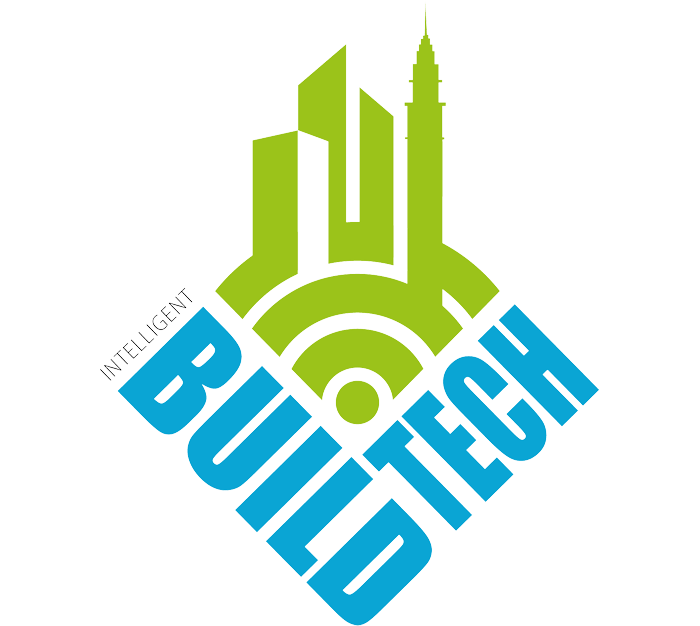The US Department of Energy has awarded C-Crete Technologies $950,000 to expand the types of materials it can use to make its revolutionary cement-free concrete. The use of locally available feedstocks will eliminate the need for long-distance shipping, allowing the company to further decrease carbon dioxide emissions associated with its already exceptionally eco-friendly concrete.
The DOE funding follows on from the inaugural pour in Seattle, where it was used in the foundation and shear wall of a seismic retrofit for a historic brick building. The cement-free concrete is a sustainable alternative to Portland cement that produces almost no CO2 in its manufacturing and absorbs CO2 from the air over time.
The product represents a paradigm shift in the construction industry. Ordinary Portland cement accounts for about 8% of the total CO2 emissions worldwide. Each tonne of C-Crete’s cement-free binder used instead would eliminate around 1 tonne of CO2 emissions.
The new award from the DOE will enable C-Crete to further advance its patented technology by exploring and converting more abundant and eco-friendly feedstocks into its binders.
“By enlarging our technology toolbox to utilize geographically versatile and abundant feedstocks, we can ensure that local materials can be converted to cementitious binders, eliminating the need for shipping such materials over long distances,” said Rouzbeh Savary, Ph.D., Founder and President of C-Crete Technologies. “In this way, architects, general contractors, local ready-mix companies and end users can simply utilise local feedstocks and materials in their construction projects, accelerating the move towards net zero emissions in construction.”




